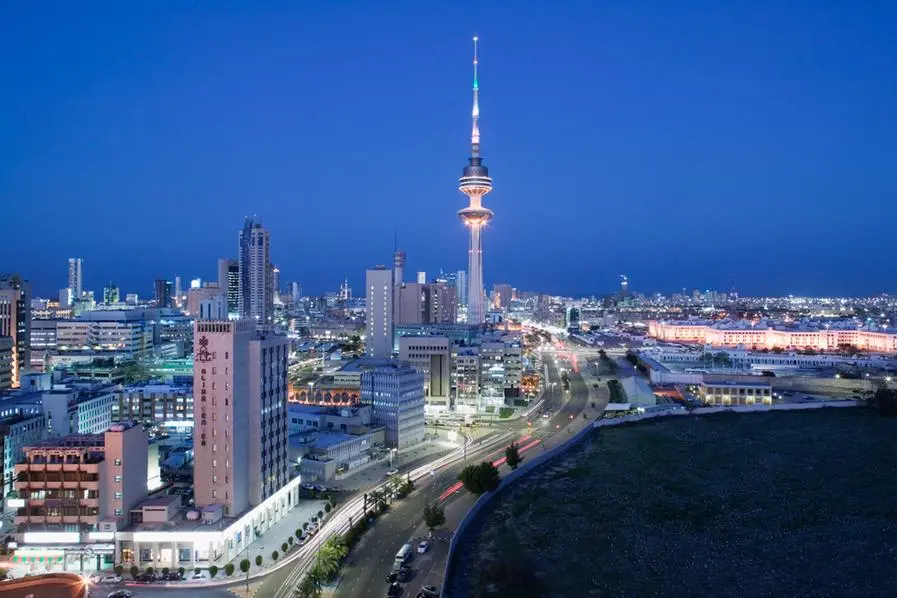PHOTO
Kuwait Financial Centre “Markaz” recently released its Monthly Market Review report for the month of May 2023. Kuwait’s All Share Index declined in May, posting a monthly loss of 4.8%. Among Boursa Kuwait’s sectoral indices, Telecom and Banking sector lost 6.7% and 6.0% respectively for the month.
Among Premier Market stocks, Mezzan Holding and Ali Alghanim Sons saw the biggest gains for the month, up by 12.4% and 7.7% respectively, on account of stronger earnings growth in Q1 2023. National Investments Co. fell the most for the month, down by 23.4%. Kuwait consumer price inflation (CPI) rose by 3.7% y-o-y in April, the same pace as in the previous month and 0.2% m-o-m primarily driven by food and clothing prices.
Food inflation climbed to a nine-month high of 7.7% y-o-y. The World Bank expects Kuwait’s economic growth to slow to 1.3% in 2023, down from 7.3% in 2022. The decline in oil and gas revenues and the slowdown in global economic activity are the main reasons for the fall in Kuwait’s growth forecast. Kuwait’s non-oil sector is expected to grow by 4.4% in 2023. On the positive side for the economy, the World Bank also expects Kuwait’s inflation to decrease to 2.6% in 2023 and the current account surplus to reach 22% of GDP, compared to 26% in 2022. Regionally, GCC markets were negative in May, with the S&P GCC composite index down 3.1% for the month.
The decline was driven by the fall in oil prices , which weighed on investor sentiment. All equity indices, except Dubai and Bahrain, were negative for the month. Bahrain market rose 3.1% in the month, due to strong Q1 2023 corporate earnings and the positive sentiment surrounding the upcoming listing of Mumtalakat Holding Company. The listing, scheduled for the second half of 2023, is expected to attract foreign investors to the Bahraini stock market. Dubai market mildly gained 0.9% for the month, majorly driven by blue-chip stocks. Saudi markets witnessed a 2.6% monthly decline, primarily due to losses in the energy and banking sector stocks. Qatar National Bank and Emaar Properties were the top gainers among GCC blue chips, rising 4.6% and 3.7% for the month respectively.
The World Bank’s Gulf Economic Update report has projected the GCC economies to experience slower growth in 2023 due to lower oil and gas earnings, and a global economic slowdown. The GCC region’s economic growth is projected at 2.5% in 2023 and 3.2% in 2024. Qatar confirmed that the state’s general budget recorded a surplus of QR19 billion (USD5.2 billion) in Q1 2023. The surplus will be utilized for purposes such as paying public debt, supporting the reserves of the Qatar Central Bank, and strengthening the assets of the Qatar Investment Authority. The International Monetary Fund (IMF) predicts that Qatar’s medium-term growth will rise to around 4-4.5% after the expansion of the North Field boosts LNG production. Moody’s Investors Service has upgraded Oman’s ratings and maintained a positive outlook based on improvements in the country’s fiscal surplus and spending restraint.
© 2022 Arab Times Kuwait English Daily. All Rights Reserved. Provided by SyndiGate Media Inc. (Syndigate.info).





















